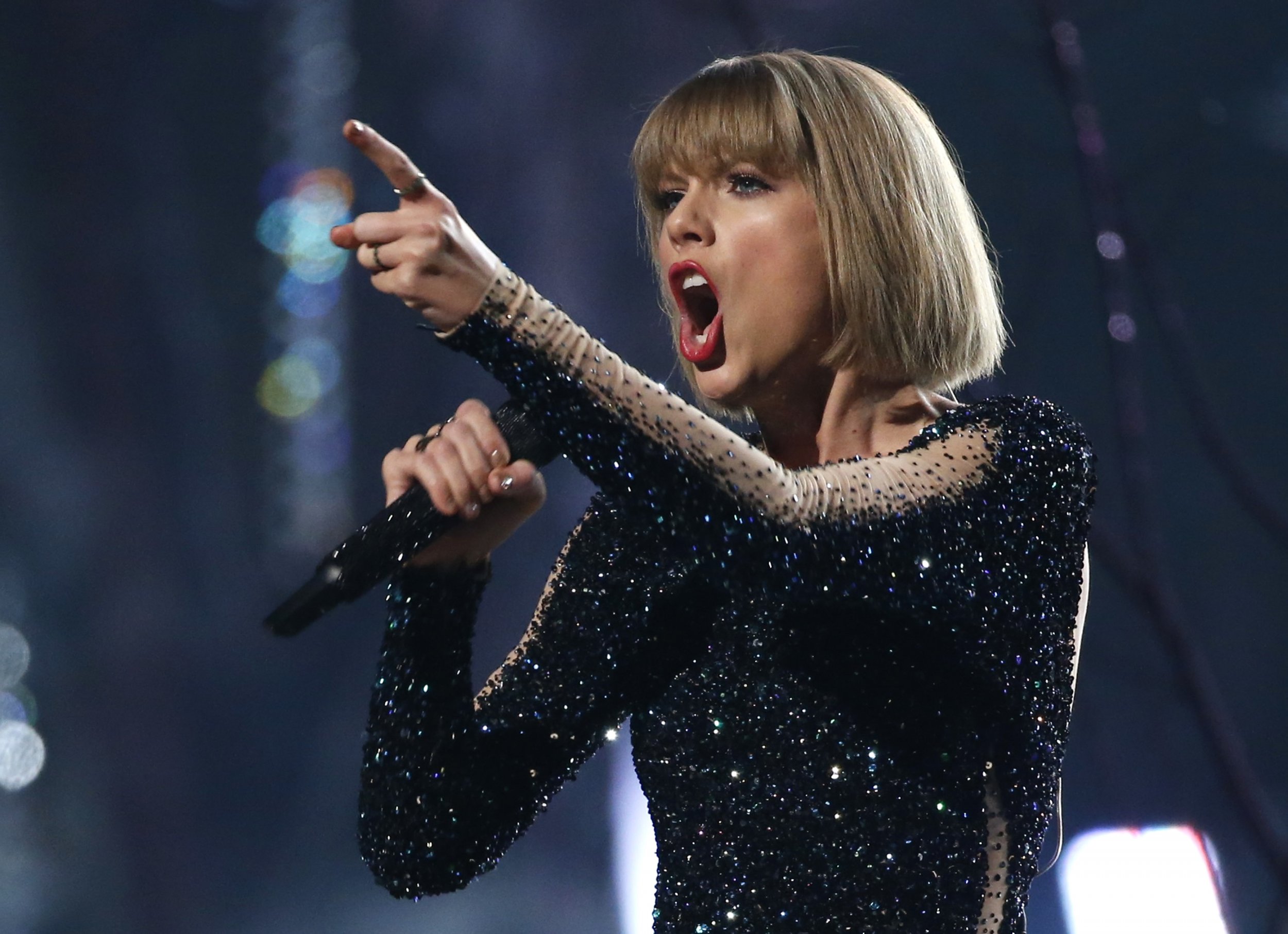
In a recent development, Taylor Swift’s lawyers have issued a stern ultimatum to a blog, demanding the removal of an article that accuses the pop superstar of sympathizing with white supremacists. The letter, dated October 25th, was penned by William J. Briggs, II, an attorney from Venable LLP in Los Angeles. Unless the article titled “Swiftly to the alt-right: Taylor subtly gets the lower case kkk in formation” is retracted and taken down, Swift’s legal team threatened legal action.
The 2,200-word article, authored by Meghan Herning and posted on September 5th on PopFront, delves into Swift’s alleged support among alt-right and neo-Nazi circles. Herning contends that Swift knowingly caters to this particular segment of her fan base, citing lyrics in her hit single “Look What You Made Me Do” as containing “dog whistles to white supremacy” and indicative of “quiet white support of a racial hierarchy.” Herning also criticizes Swift for not publicly denouncing President Donald Trump during the campaign season.
The letter accuses Herning of malicious intent and reckless disregard for the truth, asserting that the notion of Swift’s affiliation or silent support for such infamous and condemnable groups is entirely baseless. It concludes with a warning against the publication or dissemination of its contents, emphasizing that doing so would breach confidentiality and violate the Copyright Act.
The ACLU of Northern California has come to Herning’s defense, highlighting the protected status of the article under the First Amendment. In a letter addressed to Briggs, the ACLU argues that criticism, even if damaging to a celebrity’s reputation, must be tolerated. They also dismiss the copyright claims made in the letter as absurd and malicious, declaring that using copyright law to suppress constitutionally protected speech is far beyond the realm of possibility.
Herning took to PopFront to share her thoughts on the matter, denouncing Swift’s decision to involve lawyers as a “hideous” act that could establish a dangerous precedent for stifling criticism directed at artists and public figures. The situation continues to unfold, raising questions about the boundaries of freedom of speech and the responsibility of public figures to address controversial topics.